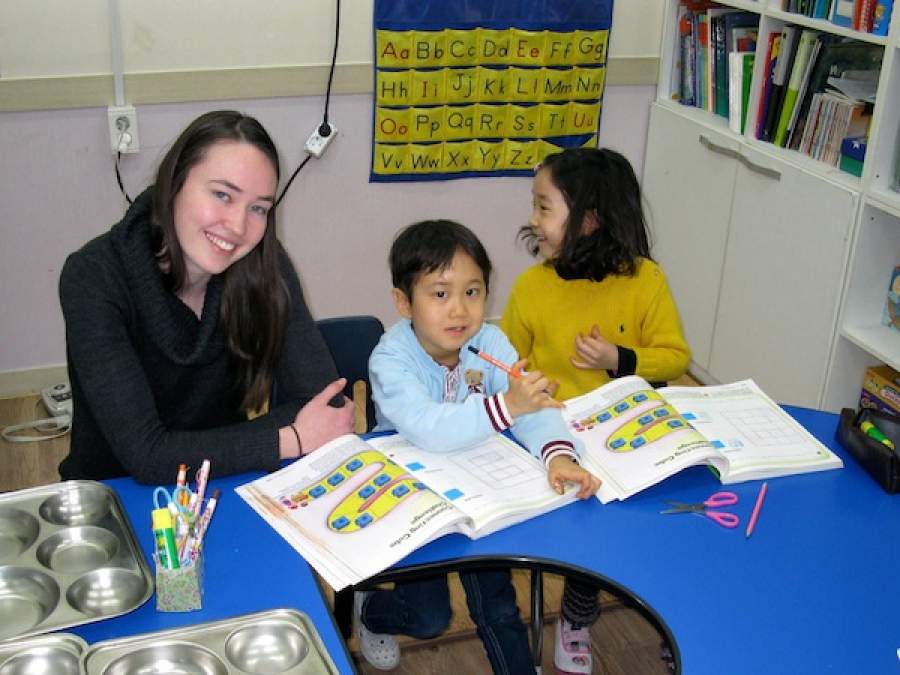My last post was about enjoying the state of oblivion that sometimes accompanies a language barrier. However, in just the few weeks since writing that, I seem to have become more frustrated than accepting of my inability to communicate.
To be fair, the extent of my frustration usually depends on my mood at the time. Sometimes, I still don’t mind not knowing what’s going on around me. I’ve come to realize that there are many situations where I don’t really need to know more than just the bare minimum.
At work, for instance, I’m told only what I need to know to do my job properly, and very little else. If something directly affects me, such as a schedule change, or changes to my class sizes or materials, my director or one of my coworkers will always fill me in (though usually as last-minute). Welcome to Korea!
While it’s not ideal to be told so last-minute about things that often need to be done right away, and sometimes makes my work day feel a bit more stressful than it needs to be, I’ve come to accept that this is the way things are done here. There’s no way to change the last-minute culture that is Korea, so I’ve learned to roll with it and be open to it. Instead of getting stressed out and frustrated by it, I just do the best I can with the time I have. After all, what other options do I have?
However, I’m finding that at other times, it’s not so easy to just sit back and be content with my oblivion. The other day I found myself sitting at a table with a group of my closest Korean friends, all engaged in what looked like a very interesting conversation. The longer I sat there, listening carefully, but not understanding more than one or two words here and there, the more irritated I became.
I was suddenly very aware of what I was thinking—that it can sometimes feel like the most frustrating thing in the world to sit at a table full of people and feel completely invisible, because you can’t understand or contribute to the conversation.
Worse still is when they start talking about you, and you have no clue what they’re saying. The only reason you even know they’re talking about you is because you hear your name pop up frequently throughout the conversation, followed by glances in your direction.
You have no clue whether they’re making fun of you, judging you, saying horrible things about you, or talking about how much they like you. Regardless of what’s being said, you have no choice but to sit there and accept it, with no way to defend yourself or tell your side of the story. While you hope for the best, you can’t help but feel a bit self-conscious.
Luckily for me, I usually believe the things being said about me are good things. This is because I’ve been fortunate enough to meet some amazing Korean friends who have become more like a family to me than I could ever have imagined. I trust that they genuinely care about me and are looking out for me, which helps me deal with the uneasiness of not knowing what’s being said. While this doesn’t cancel out the frustration I sometimes feel, it definitely helps lessen it.
But my struggles with the language barrier have taught me more than just the importance of being patient, open-minded and understanding or how to deal with frustration. They’ve also shown me that friendship is about much more than how long you’ve known someone, the amount of time you spend with them, or how much you have in common.
I think that arriving in a foreign country, knowing absolutely no one, forces you to trust people much faster than you might usually—maybe even faster than you might think is reasonable or smart.
All I know is that opening myself up to others, allowing myself to believe in them and rely on them, and trusting them quicker than I ever dreamed has been one of the most rewarding experiences of my life so far. Fortunately, not even a language barrier could prevent that.
Add this article to your reading list




